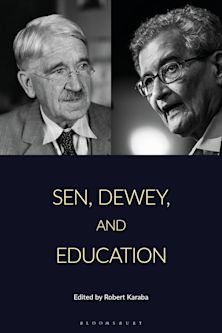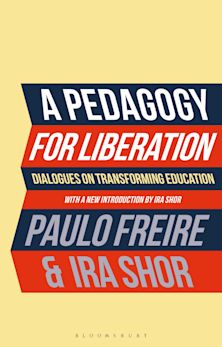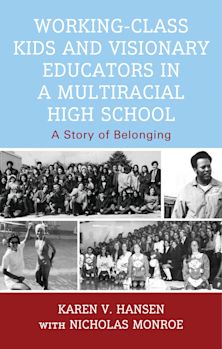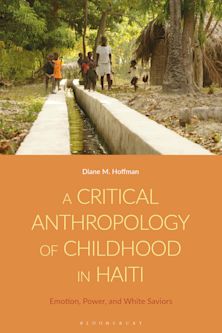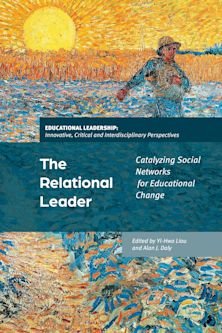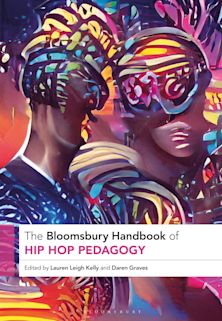- Home
- ACADEMIC
- Education
- Sociology of Education
- Rethinking Citizenship Education
Rethinking Citizenship Education
A Curriculum for Participatory Democracy
Rethinking Citizenship Education
A Curriculum for Participatory Democracy
For information on how we process your data, read our Privacy Policy
Thank you. We will email you when this book is available to order
You must sign in to add this item to your wishlist. Please sign in or create an account
Description
Case studies are presented of contrasting initiatives in Brazil, a country with high levels of political marginalisation, but also significant experiences of participatory democracy. These studies indicate that effective citizenship education depends on a harmonisation or 'seamless enactment' of the stages outlined above. In contrast, provision in countries such as the UK and USA is characterised by disjunctures, showing insufficient involvement of teachers in programme design, and a lack of space for the construction of students' own political understandings.
Some more promising directions for citizenship education are proposed, therefore, ones which acknowledge the significance of pedagogical relations and school democratisation, and allow students to develop as political agents in their own right.
Table of Contents
1. Mapping citizenship
2. Tensions and disjunctures in citizenship education at the start of the 21st century
3. Paulo Freire v. Bernard Crick
4. Student participation: towards a prefigurative conception
PART TWO: UNDERSTANDING PROCESSES
5. A theory of curricular transposition
6. Three Brazilian experiences
7. Relating ends and means
8. Enactment at work
PART THREE: RESPONSES
9. Seamless enactment
10. The uncertain journey
References
Product details
| Published | Mar 27 2009 |
|---|---|
| Format | Ebook (PDF) |
| Edition | 1st |
| Extent | 232 |
| ISBN | 9781441134325 |
| Imprint | Continuum |
| Series | Continuum Studies in Educational Research |
| Publisher | Bloomsbury Publishing |
About the contributors
Reviews
-
'Tristan McCowan has compressed several decades of contentious pedagogical and political debates into this concise, elegantly written and theoretically ambitious book....A vivid and thorough discussion of rather important educational questions: What is citizenship education? What does it mean to "participate" in educational settings? And, Can we envision a different form of education? By introducing a set of new conceptual tools and presenting detailed analysis of three models of citizenship education, this book engages in broader questions of curriculum and educational practices, while offering an original and robust model to re-frame the debate about what matters most in the field of politics of education.'Gustavo E. Fischman, Arizona State University, USA
-
'This is a good book that is well worth reading...An interesting and very valuable book that succeeds in encouraging us to think differently about citizenship education' Education Review
-
'A well documented, thoughtful, readable, researched based, and balanced study on how to conduct citizenship education'
Reviewed in Educate Journal Vol. 10, No. 2, 2010 (UK)
-
'I would highly recommend this book , as an empowering conception of the possibilities in education for democratic citizenship.'
International Journal of Development Education and Global Learning
-
'Tristan McCowan challenges scholars to reconsider commonly held assumptions about citizenship education. His wide-ranging and original study should be read by anyone wishing to explore relationships between pedagogic principles, democracy and social justice.' Audrey Osler, Visiting Professor of Citizenship and Human Rights Education, University of Leeds, UK












